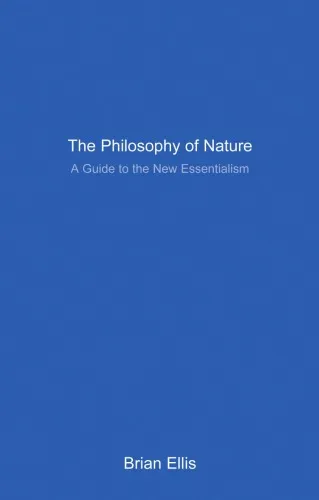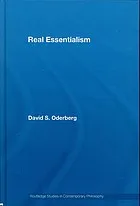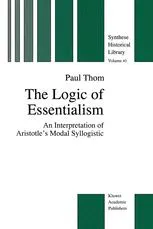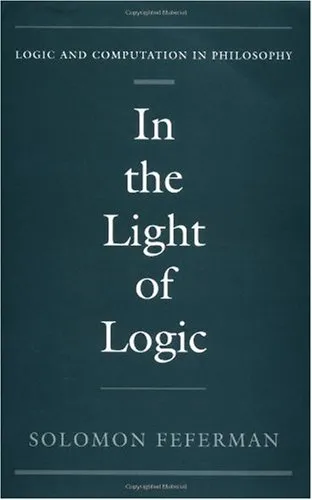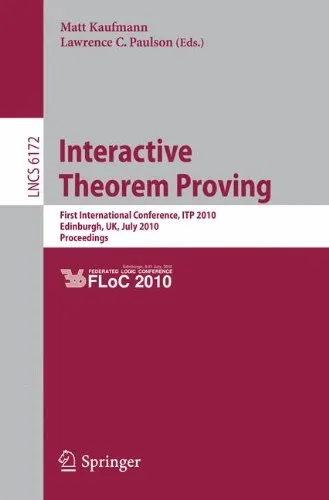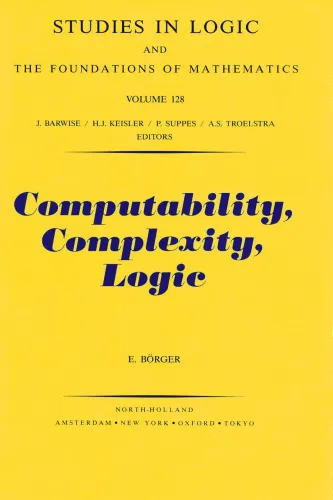Philosophy of Science
4.9
Reviews from our users

You Can Ask your questions from this book's AI after Login
Each download or ask from book AI costs 2 points. To earn more free points, please visit the Points Guide Page and complete some valuable actions.Related Refrences:
Analytical Summary
Philosophy of Sciencepp.342—342 is a compact yet profound examination of the interplay between scientific reasoning and philosophical inquiry. In this distilled segment of the broader discipline, the text invites serious readers, academics, and professionals to reconsider their understanding of what science is, how it operates, and why its principles matter to all fields of human knowledge.
Within its singular page focus, the work emphasizes precision of thought. The discussion delves into scientific methodology, drawing clear lines between empirical observation, hypothesis formation, and theory validation. These are not just procedural steps, but reflections of deeper epistemological questions about the nature of truth and knowledge.
While information about the publication year is unavailable due to no reliable public source, this section stands on its own as a rich encapsulation of a topic that has preoccupied scholars for centuries. It speaks to the rigor inherent in science and the philosophical frameworks that underpin its legitimacy.
By weaving together principles from logic, critical thinking, and historical case studies, Philosophy of Sciencepp.342—342 encourages the reader to appreciate the symbiotic relationship between scientific advances and philosophical clarity. It is an authoritative yet accessible treatment tailored for those seeking depth, not superficial summary.
Key Takeaways
Readers will leave Philosophy of Sciencepp.342—342 with sharpened analytical tools and a renewed respect for the philosophical dimensions of science.
First, the work reinforces the inseparability of scientific methodology from philosophical context—a scientific model is only as strong as its conceptual foundation.
Second, it illuminates the value of epistemology, demonstrating how the framing of questions influences the scope and reliability of answers.
Third, the content highlights historical examples where philosophical insight advanced scientific progress, showing the importance of cross-disciplinary literacy.
Fourth, it advocates for clarity in defining terms, emphasizing that precision in language mirrors precision in thought.
Finally, it provides a framework for questioning assumptions, a habit essential for both researchers and reflective thinkers.
Memorable Quotes
“Scientific inquiry without philosophical reflection risks becoming a collection of disconnected facts.” Unknown
“The methods we choose define the truths we find.” Unknown
“Philosophy sharpens science, science informs philosophy—a partnership without end.” Unknown
Why This Book Matters
In an era where information is abundant yet perspectives can be shallow, Philosophy of Sciencepp.342—342 reminds us of the deep roots that nourish scientific thought.
For academics, it is a model of concise, focused discourse. For professionals, it serves as a guide to thinking beyond data, connecting evidence to coherent frameworks of understanding.
Its strength lies in linking scientific methodology with epistemological insight, ensuring that investigation is guided not just by measurable outcomes but by purposeful inquiry.
Even with limited information about its broader publication context, this work is singularly relevant for interdisciplinary studies and for anyone committed to high standards of intellectual rigor.
Inspiring Conclusion
Philosophy of Sciencepp.342—342 offers a distilled yet powerful lens through which to examine the union of science and philosophy. Its careful balance of scientific methodology and epistemological reflection makes it a valuable resource for the engaged scholar and thoughtful professional alike.
By engaging with its content, you are invited not merely to read, but to contribute to ongoing discussions that advance our collective capacity to think clearly and act wisely. Share its insights, challenge its premises, and let it inform your own inquiries.
The next step is clear: dive deeper into Philosophy of Sciencepp.342—342 and bring its ideas into your academic debates, professional projects, or personal reflections. In doing so, you participate in a tradition that values truth, clarity, and the relentless pursuit of understanding.
Free Direct Download
You Can Download this book after Login
Accessing books through legal platforms and public libraries not only supports the rights of authors and publishers but also contributes to the sustainability of reading culture. Before downloading, please take a moment to consider these options.
Find this book on other platforms:
WorldCat helps you find books in libraries worldwide.
See ratings, reviews, and discussions on Goodreads.
Find and buy rare or used books on AbeBooks.
